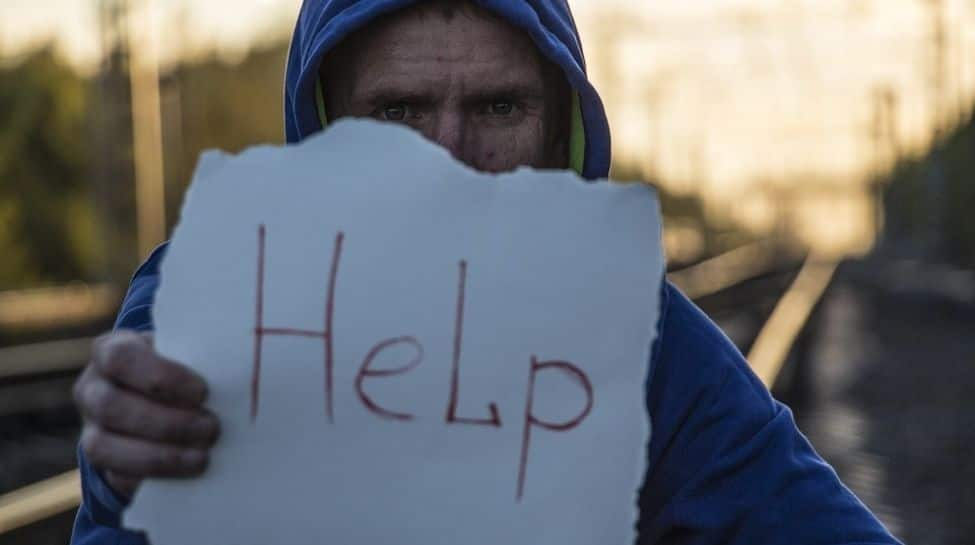World Suicide Prevention Day: What can you do to check suicidal behaviour-In pics
Suicide is a global health issue that affects all ages, genders, nationalities and castes, according to the World Health Organisation (WHO). It is estimated that one in every 100 deaths is a result of suicide and it is the fourth leading cause of death in 15-19 year olds.
Every year, more people die as a result of suicide than HIV, malaria or breast cancer, war or homicide. Around 7,00,000 people die by suicide each year with ingestion of pesticides, hanging, using firearms being the most common methods of suicide globally, said the WHO data.
Let us look at some intitiatives that can be taken to help suicidal people:
)
There are a lot of myths associated with suicide, addressing and busting them can go a long way in helping raise awareness about the issue.

People considering suicide tend to talk about things that’ll happen after their death, about their death or even about attempting suicide. You can take note of these warning signs and help them by addressing the issue.

If you or someone you know is considering suicide then talking to a close friend, relative or professional about your thoughts, feelings can help remove the taboo and stigma associated with suicide.

Media outlets need to report suicides responsibly and in a sensitive fashion or it may trigger some people and spread misinformation.

Keeping means of suicide such as sharp objects, pesticides, firearms etc away from a person who is battling suicidal thoughts is also important.

If a person reaches out to you, talks to you about their feelings, do not dismiss it. If you are not in a position to help them, refer them to a professional.

If you ever come across suicidal thoughts yourself or know someone who is battling such thoughts then do not hesitate to reach out for help. There are numerous suicide helplines in all countries that provide help free of cost.
